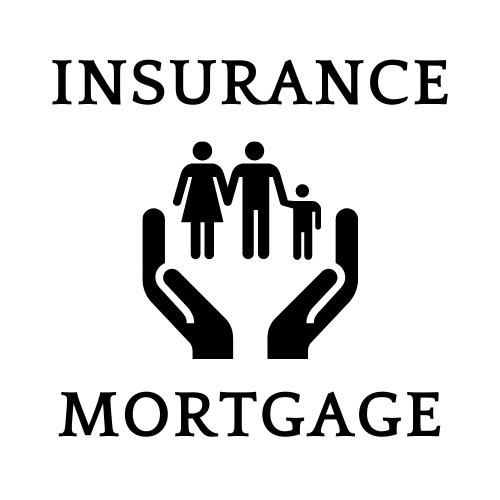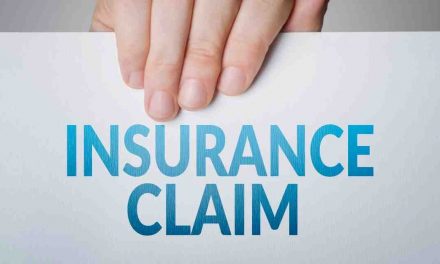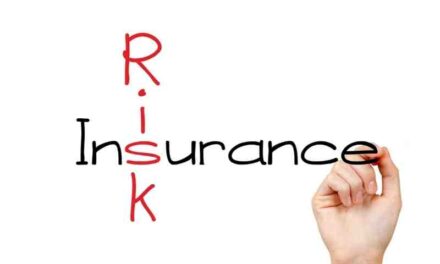Because the majority of automobile rental agreements in Europe include coverage for damage, theft, and third-party responsibility, it is not always necessary to purchase additional insurance when you rent a car if you live in Europe. However, the specifics of any cover or insurance differ not only depending on the brand and model of the rental automobile, but also on the business that provides the service.
Be aware that the process of obtaining insurance for rented cars may vary somewhat from country to country in Europe. Because the usage of third-party insurance is prohibited by legislation in Ireland, you will need to acquire it from the rental vehicle agency in order to be covered.
There are still plans that mechanically contain coverage for driving other automobiles; however, this coverage is likely to have restrictions. For instance, even if you have comprehensive insurance coverage, it is virtually guaranteed that you will only be covered for third-party liability if you drive someone else’s car.
Coverage to drive other vehicles is also seldom extended outside of the country, and the use of rental automobiles is usually never covered, regardless of whether you are at home or away.
Coverage for rental cars varies widely depending on both the nation and the rental agency. Because the majority of automobile rental agreements in Europe include coverage for damage, theft, and third-party responsibility, it is not always necessary to purchase additional insurance when you rent a car if you live in Europe.
However, the specifics of any cover or insurance differ not only depending on the brand and model of the rental automobile, but also on the business that provides the service. It is always in your best interest to study the terms and conditions so that you are clear on what is included and also clear on what is not included and how restricted the cover is. This will prevent you from being subjected to any unpleasant surprises.
The term “Collision Damage Waiver” is often used to refer to damage coverage (CDW). If there is any damage to specified areas of the rental automobile, it indicates that you are solely responsible for paying the ‘extra.’
It is not actually insurance; rather, the automobile rental company is just waiving its right to require you to pay for it in the event of an accident. However, the function of the excess is identical to that of an insurance deductible, despite the fact that the excess is often bigger.
It is important to keep in mind that, in most cases, the Collision Damage Waiver does not cover damage to the whole of the vehicle. Most of the time, the windshield, the roof, and the undercarriage are not included. In the event that the windshield was broken, you would be liable for the whole cost of repairing it rather than just the deductible.
In the event that you broke the terms of the rental agreement or even the law and caused damage to the vehicle, you would be responsible for paying the whole repair bill. If you crashed into the automobile while going above the posted speed limit, you would not be compensated for the damages under the terms of the collision damage waiver.
You are required by law to have third-party liability insurance, which protects you in the event that you cause physical harm or financial loss to another individual or their property. It is the equivalent of third-party insurance in the UK, and it does not provide coverage for the driver of the rental vehicle in the event that they are killed or injured.
It also does not cover damages to the rental automobile, since the Collision Damage Waiver covers such kinds of mishaps instead. You also have the option to acquire vehicle rental excess insurance separately, which must be done before you pick up the rental car. It is often more affordable, and it may also provide coverage for any damage to the undercarriage, roof, tires, or windshield of the vehicle.
However, it is important to keep in mind that if you purchase solo insurance, you will be required to pay the excess fee to the automobile rental company before submitting a claim to the insurer for reimbursement of the cost.
When you don’t damage the automobile, but the rental car company insists that you did, having this coverage is just as vital. Unfortunately, it’s very uncommon for rental car companies to accuse customers of causing damage to a vehicle when they have no evidence to support their assertions.
It is possible that you will be held accountable for the damage that you did not create if you turn in your vehicle after the office has closed and staff does not inspect it until much later. Another typical occurrence is when the employee at the rental vehicle agency forgets to make a note of any pre-existing damage.





